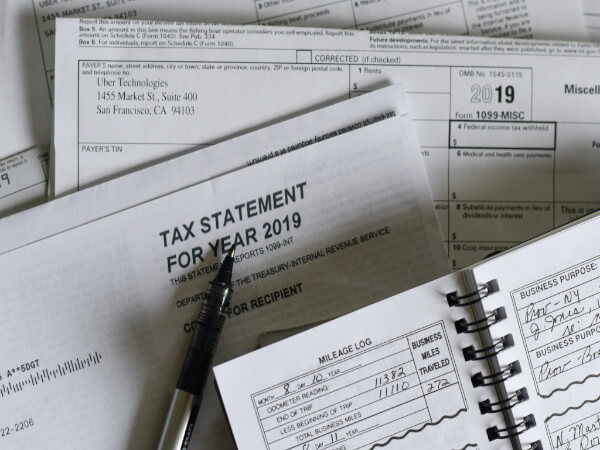Day: October 23, 2021
Five Ways to Reduce Lawyer Burnout and Improve Employee Retention
Last week I served on a panel about attorney burnout for a bar association club for attorneys in their first 10 years of practice. The panelists had lots of helpful guidance and information to share. The last question asked by an attendee, however, perfectly exemplified the real problem with burnout, and the way I answered repeated the same problem pattern. Here’s what I mean. sking the Right Questions About Attorney Burnout The question was about how to handle unreasonable expectations from a supervising attorney. In the example, based on the lawyer’s real-world experience, the partner would promise a deliverable to his client without consulting his team and then delay delegating the task to the more junior attorneys. The partner would then have an unrealistic deadline and freak out because he had promised the client an answer or deliverable by a date that was, by that time, impossible. The associate asked the panel: What should I do? How should I handle it? We provided good techniques for communicating the impossibility of the task to her supervising attorney, and how to talk with others about possibly getting an extension for others’ work without pressing deadlines. We also discussed how she could communicate the specifics of what she would be able to produce in the timeframe provided. This was all useful information, and hopefully, it helped the associate. But thinking about the question later, I realized we had addressed the wrong question. Whose Problem Are We Solving? Sure, we answered the question asked, but really, the question was about how to avoid getting in that situation in the first place. More importantly, the answers should have focused on the fact that the associate should not be the one responsible for solving this problem. There is plenty of advice out there about being proactive
Read MoreSC on accepting and discarding the testimony of witnesses
The Supreme Court made an observation that merely on the ground that Test Identification Parade, i.e. TIP, had not been conducted, the testimony of a witness who identified the accused in the court could not be discarded. In the instant case, the prosecution witness confessed that he had been unable to identify any individual whom he had seen 11 years ago, however, he asserted that he would be able to identify the accused even though he has seen him for the first time 11 years ago, on the day of incident. The division bench stated that usually there is presence of sufficient corroborative evidence to corroborate the testimony of witnesses. The bench allowed the appeal filed by the accused who had been convicted under Section 55(a) of Kerala Akbari Act, and disbelieved the witness who had identified the accused in the court on the ground that he had seen him for the first time in 11 years. The accused contended that since the TIP had not been conducted, the prosecution’s version could not be relied upon. The bench, however, clarified that the TIP is a part of investigation and does not form part of substantive evidence. The post SC on accepting and discarding the testimony of witnesses appeared first on LexForti . Randy Reidwww.itcse.org
Read More






